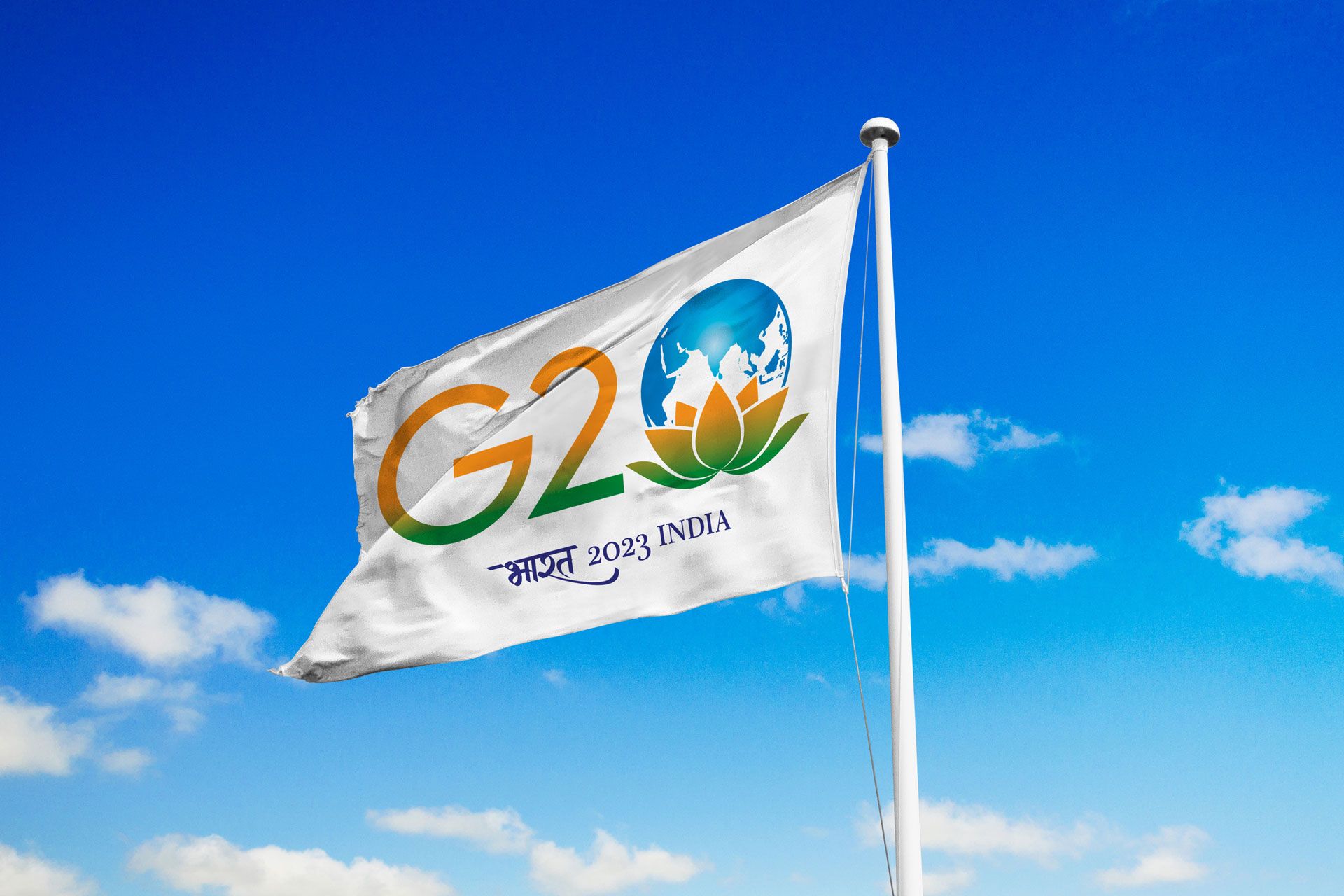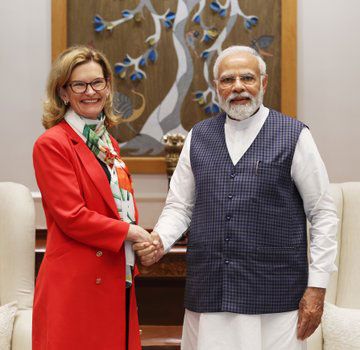
G20 priorities: My take on digital infrastructure, security, and skills

By Doreen Bogdan-Martin, Secretary-General, ITU
India’s G20 Presidency has highlighted digital public infrastructure (DPI), security, and skilling as areas where strong economies can help drive sustainable, inclusive development for the whole world.
At the G20 Ministerial Meeting on the Digital Economy in Bengaluru last weekend, I was honoured to take part in the discussions on these three global priorities.

Digital public infrastructure
Just as water and electricity enable vital public services, a society’s public infrastructure forms the backbone of digital transformation.
DPI – combining technology, transparent governance, and public-private innovation – can drive societal-level change at scale. Digital readiness creates local ecosystems that support the UN 2030 Agenda at a time when the Sustainable Development Goals (SDGs) are off track.
India has set a pioneering example, sharing experiences to help other nations learn and benefit from its experiences.
We have a lot to learn from India, including from its historic achievement on 23 August as the first nation to land a spacecraft near the Moon’s south pole.
Unlocking the transformative power of DPI is at the heart of many initiatives by the International Telecommunication Union (ITU), from Partner2Connect to Smart Villages and Smart Islands, or GovStack, where ITU and partners provide governments with open-source specifications for digital public services.
I urged G20 leaders to harness the building blocks of DPI to create more inclusive, sustainable, and prosperous economies worldwide.
Security in the digital economy
Connectivity must go hand in hand with confidence and trust in technology, especially in the era of artificial intelligence (AI).
ITU’s inclusive, global multi-stakeholder platform facilitates impactful and sustainable partnerships focused on mitigating risks and leaving no one behind. Our recent AI for Good Global Summit addressed responsible governance for the safe deployment of AI and robotics.
Strengthening capacity building and trust, through a multi-pronged comprehensive global approach, is similarly key in confronting today’s digital resilience challenges, and for connecting the 2.7 billion people who are still offline worldwide.
Cyber capacity-building lies at the heart of our work – from helping governments establish national cybersecurity strategies to providing resources for children’s protection online; from maintaining the Global Cybersecurity Index to establishing key international standards.
Through the World Summit on the Information Society (WSIS) process, ITU is fostering vital discussions on building digital trust and security.
ITU is also honoured to have contributed as a knowledge partner to the new G20 cyber education and awareness toolkit and high-level principles to support businesses.
We look forward to continuing this engagement – and to working with governments, partners and future G20 presidencies – to build a robust and trusted global digital economy. This means ensuring secure access to an open Internet and equitable benefits from emerging technologies.
Skilling
We’re at a moment in history where technology is moving very fast – and this can be unsettling.
Providing people with the right digital skills is the first and best line of defence. Yet fewer than half of the world’s countries track digital skills, constraining effective policy responses.
In all industries, everywhere in the world, jobs now require digital skills. In sub-Saharan Africa alone, over 200 million jobs will require digital skills by 2030.
Even basic skills training can be life-changing for people. This is especially true for vulnerable groups on the wrong side of the digital divide — like women and girls, who represent a disproportionate and growing share of the global offline population.
Creating a gender-equal, digital-ready workforce requires reskilling, upskilling, and investing in the capacity of these groups. It needs to happen in all countries, regardless of their development status.
ITU welcomes the G20 toolkit for digital upskilling and reskilling as an important step in building that future-ready workforce.
Online training through the ITU Academy network, our gender equality partnership with EQUALS, and the ITU-UNICEF Giga initiative to connect every school to the Internet are helping make digital skills available to all.
Under the Partner2Connect Digital Coalition, more than a third of the pledges received, worth almost USD 14 billion out of over USD 30 billion to date – relate to digital skills. As important as this is, much more remains to be done.
To see digital transformation in action, I hope you’ll join ITU, the United Nations Development Programme (UNDP) and other partners from around the world for SDG Digital on 17 September.
India has set priorities taking a comprehensive view on the digital economy. Let’s build on that momentum and create together an inclusive, thriving workforce that propels countries — in the G20 and globally — confidently towards our shared digital future.
Based on Doreen Bogdan-Martin’s statements to the G20 Digital Economy Ministerial in Bengaluru, India, on 19-20 August 2023.
Header image credit: Rafael Henrique – stock.adobe.com
